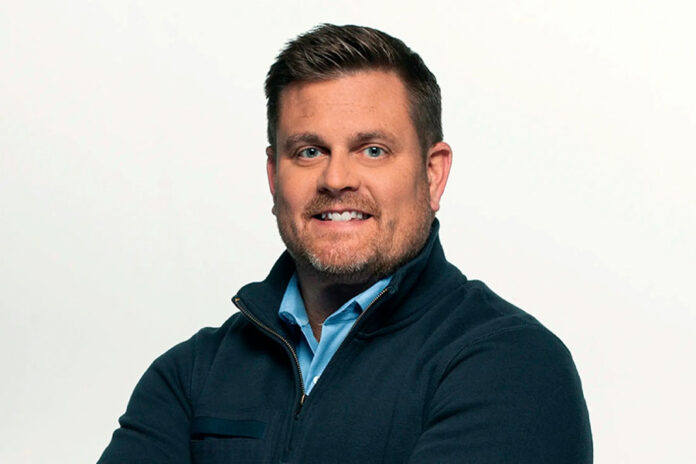
Recently, we witnessed the assassination of the CEO of one of the largest medical insurance companies, UnitedHealthcare. This company recently paid it him $10 million in wages and bonuses, and reported more than $20 billion in profits last year.
This company achieved these profits by denying patients the medical services they needed. The reaction to this murder was unexpected. Many people celebrated it as an act of supposed vengeance.
This same company holds the highest rate of denials in the industry. Anyone who has ever been denied medical services knows how devastating it feels to have insurance but be denied critical procedures.
Brian Thompson was shot and killed in Midtown Manhattan on Wednesday, Dec. 4, in a “brazen, targeted attack” as he approached the entrance of the hotel hosting the company’s annual investor conference, according to New York police. Shortly after, ‘Wanted’ posters for CEOs were spotted around New York.
Isn’t it brazen how these companies deny services to their members, inflicting cold-blooded torture and, in some cases, death? This so-called health plan is worth $562 billion, and yet they paid $10 million to Thompson.
One-third of the claims are denied. While some call Thompson’s murder “brazen,” what do we call the horrific number of denials that condemn patients to immense suffering, irreparable harm, and, in many cases, an early death?
An analysis of recent Census data suggests that Americans owe at least $220 billion in medical debt, with 20 million people (nearly 1 in 12 adults) affected.
LUPE, WAS NOT KILLED BY CANCER BUT BY THE DENIAL OF HEALTHCARE
Lupe (Guadalupe) and her husband Danny were committed United Farm Workers (UFW) members. They were also student organizers at the University of Colorado during the Chicano Movement. Both became teachers and worked to inspire and build dreams for their students.
Around 40 years ago, we discovered that Lupe’s health insurance was denying her a biopsy of her breast. I joined the fight, but we couldn’t get the insurance company to budge. When we finally managed to secure the biopsy, it confirmed she had cancer. She underwent a mastectomy—a devastating experience for a young, active woman.
But the bad news didn’t stop there. Her health plan also denied her a bone marrow transplant. Danny and I called the health plan repeatedly, explaining that Lupe urgently needed the procedure, which cost around $150,000 at the time.
In desperation, we turned to our community, raising about $50,000. The University of Colorado Hospital eventually contributed the remaining amount. However, with each passing week, we knew we were losing precious time—Lupe’s best chance for survival was slipping away.
Danny and I planned a march to the state capitol. We gathered 26 women who had been denied coverage by their health plans and had undergone mastectomies—some had lost one breast, others both. We didn’t ask about political affiliations.
It was a spirited effort, but we didn’t get much media coverage, and no politicians stood with us.
I had several heated phone calls with staff at Lupe’s health plan. My indigenous blood boiled over—I wanted to confront them, to shake some sense into them. But I realized they weren’t the policymakers and feared losing control and hurting someone.
As you know, I don’t condone violence in any form. But if violence against a healthcare administrator who denies services could shake elected officials into action—officials who accept large donations and turn a blind eye to the abuse in this system—then perhaps we would see change.
The president-elect says he has plans for a new healthcare policy. But what he really needs to do is commission a congressional entity to investigate this crisis.
These organizations should not be called health plans—they are, in reality, “Death by Denial Insurance Plans.”
I was with Lupe during her final week on this earth. Her skin had turned gray, and her nails were blacker than black, yet her mind remained as sharp as ever. She knew we had fought the good fight.






